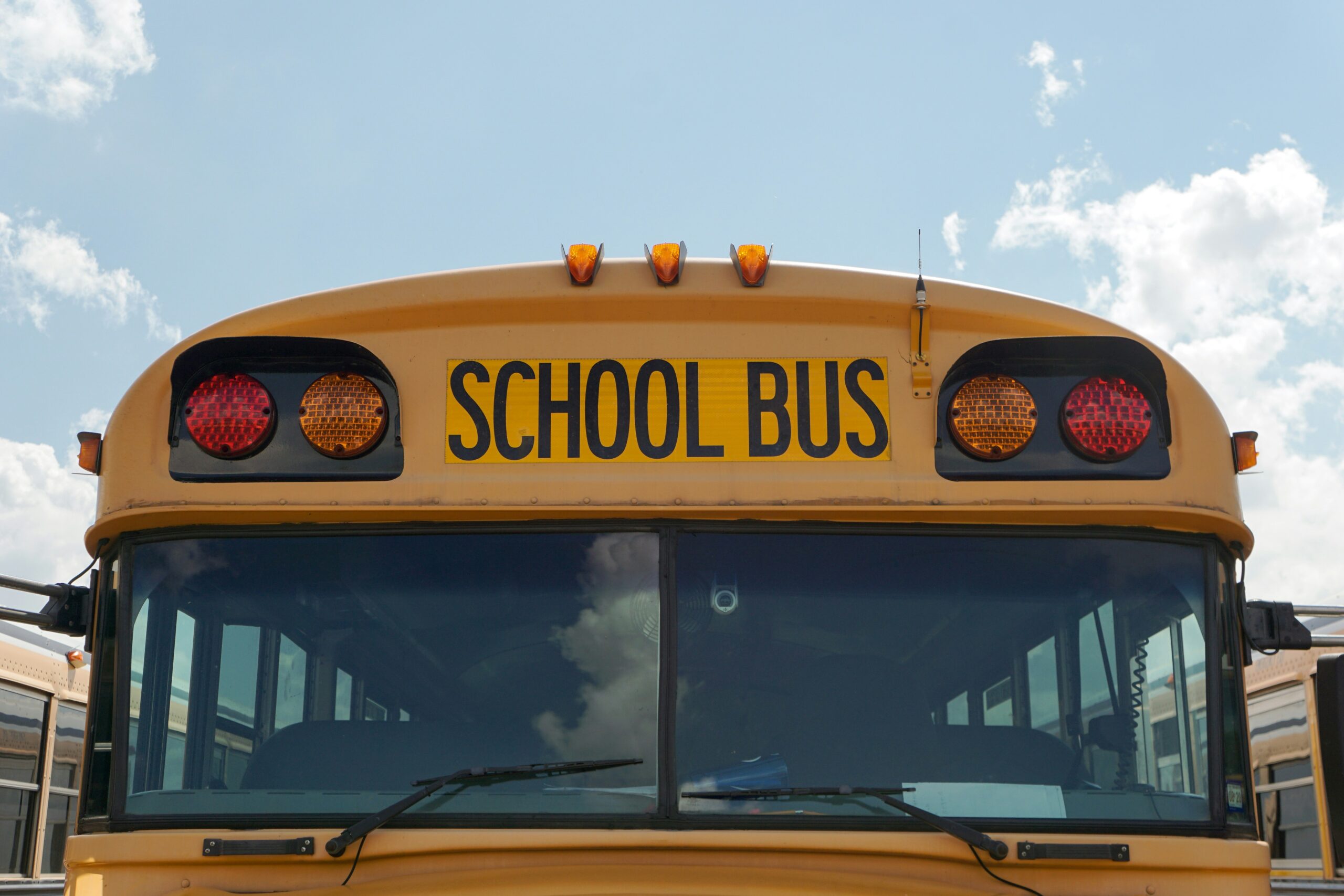In today’s diverse classrooms, not every student learns in the same way or at the same pace. Special education support plays a critical role in bridging the gap for students with disabilities or unique learning needs, ensuring they receive the resources and guidance necessary to succeed. From individualized instruction to tailored interventions, school special education programs are designed to create an equitable learning environment for all.
This blog explores the importance of special education support in K-12 education, the benefits of these programs, and how they contribute to student growth and success.
What is Special Education Support?
Special education support encompasses a range of services and strategies aimed at assisting students with disabilities or developmental challenges. This support can include:
- Individualized Education Plans (IEPs): Customized learning plans tailored to a student’s specific needs and goals.
- Accommodations and Modifications: Adjustments in teaching methods, assessments, or classroom environments to ensure accessibility.
- Specialized Therapies: Services such as speech therapy, occupational therapy, or behavioral interventions to address specific challenges.
- Collaborative Teamwork: Cooperation among teachers, therapists, parents, and administrators to create a unified support system for students.
The goal of special education support is to help students overcome barriers, develop essential skills, and achieve their full potential.
Why Are School Special Education Programs Vital?
School special education programs provide the foundation for delivering effective special education support. These programs are essential for several reasons:
- Promoting Inclusivity:
Special education programs ensure that students with disabilities are included in the school community, fostering a sense of belonging and acceptance. - Meeting Legal Requirements:
Programs align with laws such as the Individuals with Disabilities Education Act (IDEA), which mandates that all students have access to a free and appropriate education. - Supporting Academic Success:
Tailored interventions help students overcome learning challenges, enabling them to achieve academic milestones alongside their peers. - Preparing for the Future:
Special education programs teach life skills, self-advocacy, and independence, preparing students for success beyond the classroom.
The Benefits of Special Education Support
Special education support not only benefits students with disabilities but also enhances the entire school community. Here are some key advantages:
- Customized Learning:
Students receive instruction and interventions tailored to their unique needs, helping them thrive academically and socially. - Improved Confidence:
With the right support, students gain confidence in their abilities, fostering a positive attitude toward learning. - Enhanced Social Skills:
Special education programs often include activities that promote communication, teamwork, and relationship-building. - Teacher Collaboration:
General and special education teachers work together to create inclusive classrooms, benefiting all students. - Parental Involvement:
Parents play a critical role in the success of special education programs, creating a strong partnership between home and school.
Components of Effective School Special Education Programs
Building an effective special education program requires a holistic approach. Key components include:
- Qualified Staff:
Special education teachers, therapists, and support staff must be trained and certified to meet students’ needs effectively. - Individualized Plans:
IEPs and 504 Plans should be updated regularly to reflect students’ progress and evolving needs. - Access to Resources:
Schools should provide assistive technology, specialized materials, and accessible facilities to support learning. - Professional Development:
Ongoing training ensures that educators and staff stay informed about best practices and new strategies. - Collaborative Environment:
Open communication and teamwork among educators, parents, and students are essential for program success.
Challenges in Implementing Special Education Support
Despite its importance, providing effective special education support can be challenging for schools. Common obstacles include:
- Resource Limitations: Budget constraints can limit access to necessary tools, staff, and programs.
- High Caseloads: Special education teachers often manage large numbers of students, impacting the quality of support.
- Awareness and Advocacy: Some educators and parents may not fully understand the benefits or requirements of special education programs.
Addressing these challenges requires a commitment to prioritizing special education in school budgets and policies.
How Educational Therapy Professionals Enhances Special Education Support
At Educational Therapy Professionals, we are dedicated to helping schools provide exceptional special education support. Our services include:
- Staffing Solutions: Access a network of certified special education teachers and therapists.
- Program Development: Receive expert guidance on building or improving school special education programs.
- Flexible Services: Choose from temporary, part-time, or full-time staffing options to meet your school’s unique needs.
Contact Educational Therapy Professionals today to learn how we can partner with your school to support student success.
The Future of Special Education in Schools
As schools continue to embrace inclusivity and personalized learning, the demand for robust special education support will only grow. Advances in technology, such as assistive devices and online learning tools, are making it easier to meet students’ needs. Additionally, ongoing professional development ensures that educators are equipped to implement the latest strategies effectively.
Special education support is an indispensable part of K-12 education, empowering students to overcome challenges and reach their full potential. By investing in school special education programs, schools can create an environment where every student has the opportunity to succeed—academically, socially, and beyond.





